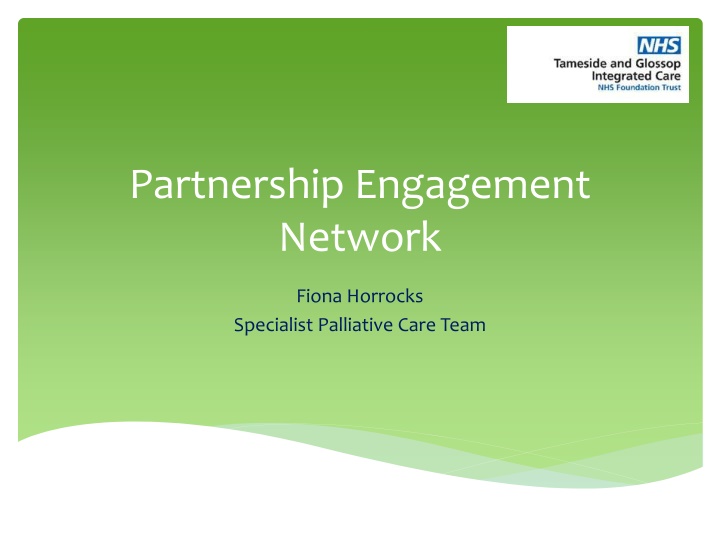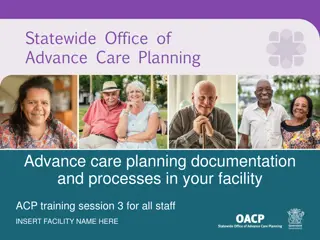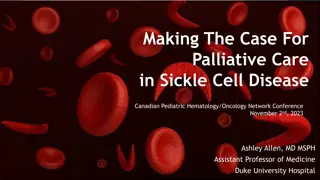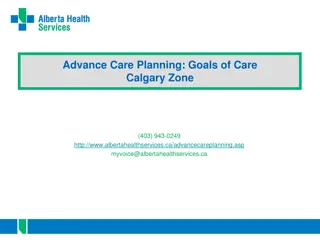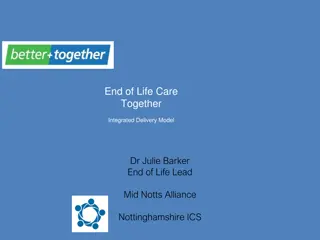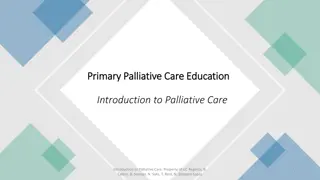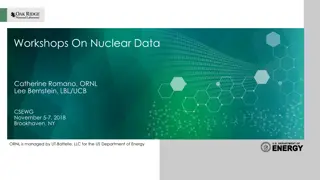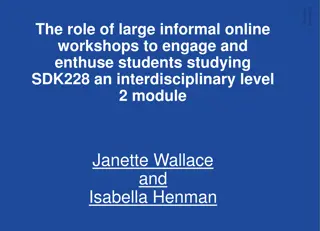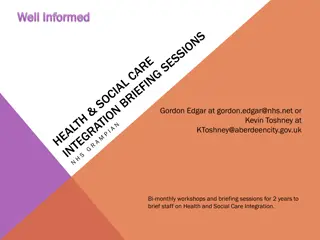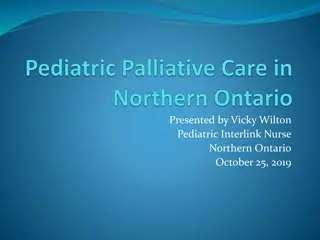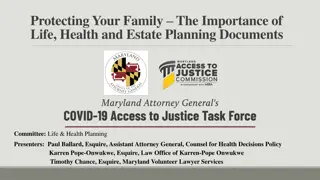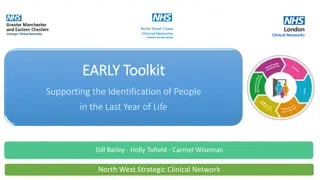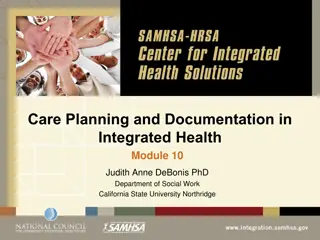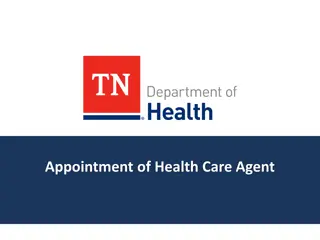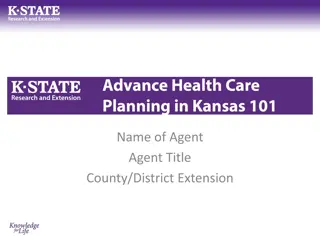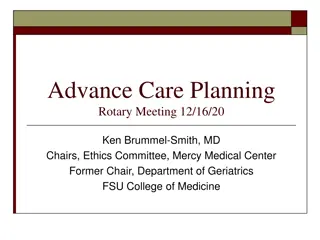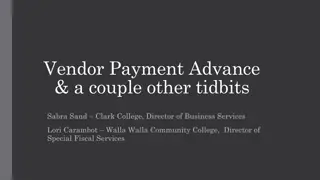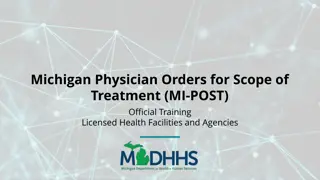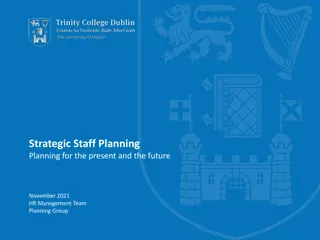Enhancing Advance Care Planning: Insights from Engagement Workshops
Through a series of workshops on advance care planning in June 2018, valuable feedback was gathered and implemented to improve the draft document. Changes included addressing language accessibility, reordering questions, and defining key concepts visually. The engagement highlighted the importance of personalizing care preferences and ensuring clarity in communication.
Download Presentation

Please find below an Image/Link to download the presentation.
The content on the website is provided AS IS for your information and personal use only. It may not be sold, licensed, or shared on other websites without obtaining consent from the author.If you encounter any issues during the download, it is possible that the publisher has removed the file from their server.
You are allowed to download the files provided on this website for personal or commercial use, subject to the condition that they are used lawfully. All files are the property of their respective owners.
The content on the website is provided AS IS for your information and personal use only. It may not be sold, licensed, or shared on other websites without obtaining consent from the author.
E N D
Presentation Transcript
Partnership Engagement Network Fiona Horrocks Specialist Palliative Care Team
Advance Care Planning We engaged with you over three workshops about advance care planning in June 2018. We had many of you attend our workshops and share you thoughts, views and personal experience with us on this important and personal topic As a direct result of this feedback, changes were made to the draft document
The changes, you said: We should refer to alternative documents for people in different languages, braille etc We should change the order of the questions to have a less negative feel The word care means different things to different people, we should provide a definition of care, maybe in a visual way Should there be a descriptor of what spiritualism is? We need to reconsider the language used, make this more accessible e.g. elements is a problem because it seems too clinical and it may not be clear to the general public; will everybody fully understand what the word deteriorate means? The process is more about the organisation or clinical staff rather than the patient, this can be seen through the phrasing Does it need the At this time in your life bit at the beginning? Is it too negative
The changes, we did: We added a section explaining how you can access the document in different languages and formats We changed the flow of the questions We created a pictogram to define the word care as many of you felt this was too vague We added prompts to some questions with more focus, e.g. spirituality We changed some language and phrasing of the questions based on your feedback
You asked us to define care in a visual way Emotional and psychological care; how you feel, who you can talk to Personal care; washing, dressing, meals Spritual care CARE Being looked after feeling cared for Dignity Practical care; managing finances Medical care; treatments, medicines
My Care, My Way feedback (Based on 29 patients) Majority of patients thought it was useful and allowed them to document their needs Most people when discussed felt it useful to have a structure Mixed response some are happy, others not sure if they want to complete and some declined but overall response positive I think it had a very good impact. All found useful I think it empowers the patient and family to think about what their wishes are for EOL Not too lengthy and easy to use and understand Easy to use, open questions, clear wording Document is clear and easily understandable Very easy to read. Not scary. Not threatening. Very easy to understand and self-explanatory looks friendly Very user friendly, easy to understand and complete. Simple and straightforward.
How does this compare to any other documents you have used? Previously felt not listened to and the document would have been a very useful tool. I have used a similar document in the past but not as clear and easy to follow.
